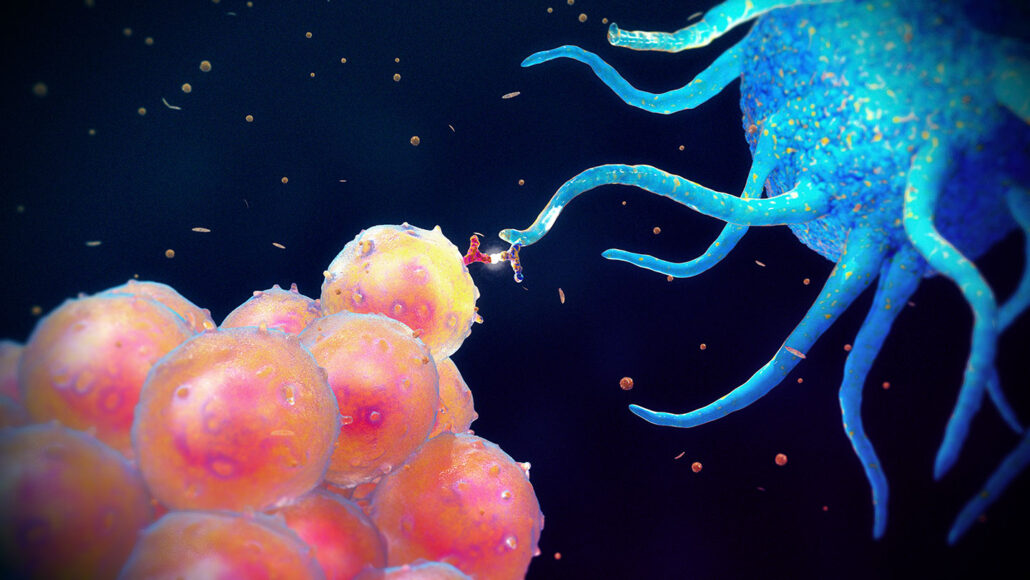HOME
Explainer: The body’s immune system

Your immune system is probably something you ignore, at least until you get ill. Then you realize how important the immune system is. It’s all the various organs, cells and proteins spread throughout the body that protect us from bacteria, viruses and other potentially harmful invaders.
Cells of the immune system can be split into two closely related military squads: innate and adaptive. Troops belonging to the first — innate — patrol the body to detect intruders, such as bacteria and viruses. These troops don’t trust anyone, not even their own body’s cells. But they don’t have to fend off bad guys alone. When faced by a tough adversary, they can call in back-ups — the adaptive troops — that are skilled in even heavy combat.
Naama Geva-Zatorsky works at the Rappaport Technion Integrated Cancer Center in Haifa, Israel. There, she studies microbes and the immune system. The mission of the body’s innate immune system, she explains, is to distinguish between friendly cells (the body’s own cells) and intruders (non-self). Friendlies have specific structures on their surface, like a flag, that the innate troops recognize. They know to ignore these cells. Intruders lack those familiar surface “flags” found on the body’s healthy cells.
When innate troops detect “non-self” structures — such as a virus — they set off alarms. These call out other troops to help eliminate the intruders as quickly as possible. The three most important types of innate troops are immune cells known as neutrophils (NEW-troh-fils), macrophages (MAK-roh-faeges) and dendritic cells.
News Source